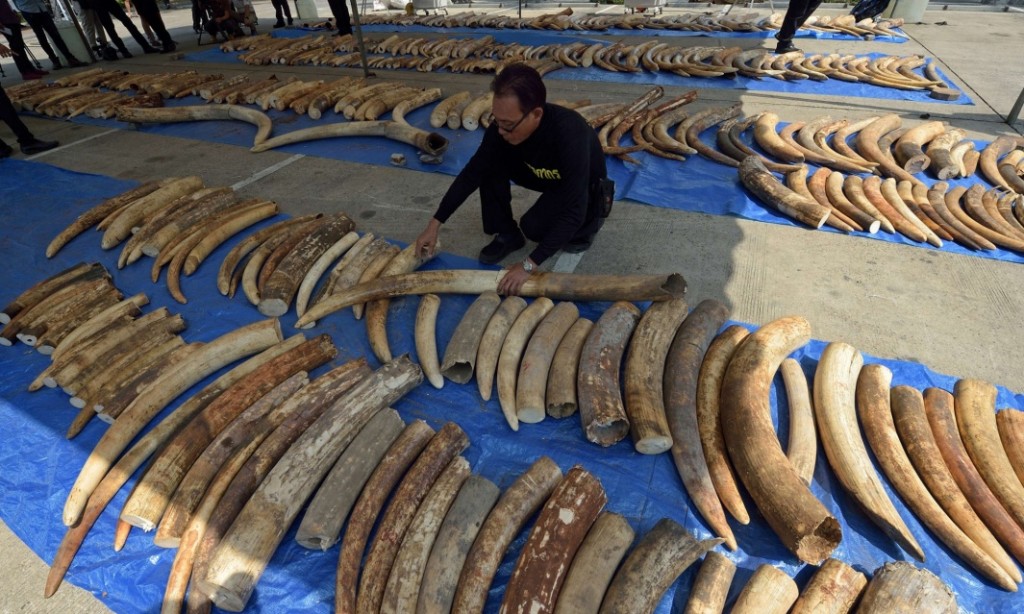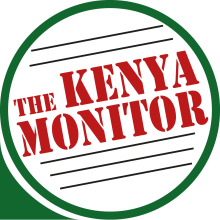
Authorities in Thailand have seized a container from Mombasa with 3,000 kilograms of elephant ivory inside a container marked as tea leaves. There were 511 pieces in the container with a street value of over sh500 million in the container destined for Laos which Thai authorities believe is now a hub of illegal ivory trade. From Laos, the Ivory is sold to other parts of Asia including the biggest ivory market in the world China.
The haul is the second seized inside a week after a container from the Democratic Republic of Congo (DRC) en route to Laos was intercepted with over 4 tonnes of Ivory believed to be from poaching in Central Africa.
The 511 pieces found point to at least 260 elephants butchered with some massive tusks of over 2 meters in length as clear evidence that we lost great Tuskers like we did Satao. 260 elephants represents about 3 percent of our total elephant population right now. To put this in context, we had 167,000 elephants in 1979 and 20,000 elephants in 1990. Currently the elephant population stands at around 10,000. We are well on our way to decimating our elephant population in a decade going by the current poaching rate.
The haul points at Mombasa’s growing role in smuggling of ivory out of the country. Mombasa port is already being used by drug dealers and contraband importers and is now the leading transiting port for ivory. A shameful indictment to how low corruption has sunk our nation. Exporting Ivory is a high risk venture, and as such the people doing it are corrupting their way through the whole system. From the poachers, the transporters, police, Kenya Wildlife Services and port staff from different government agencies. Corruption of entire systems is the only way 3 tonnes of Ivory can be exported.
The transiting of ivory across Kenya involves no less than 50 ppl including freighters, KRA, Customs, KWS, police.. https://t.co/VkpF27flsm
— Dr. Paula Kahumbu (@paulakahumbu) April 27, 2015
Mombasa is also where another Ivory (315 pieces) haul was found in Tudor estate before it could be packed. The ivory belonged to Mohammed Feisal notoriously known as the Ivory Kingpin who went on the run before being arrested in Tanzania following an interpol arrest warrant.
His case has not been without controversy. On March , the court in Mombasa granted him a sh10 million bond in what was seen as an unusual ruling considering Feisal had been on the run across borders for many months.
When granting him bond, Mombasa principal magistrate Justus Kituku said
“the court hopes the accused has learnt his lesson and that he has known the world is a global village. You can run away but you cannot hide. The accused must inform this court of his intentions to travel outside the jurisdiction of this court.”
His bond drew uproar from all quarters and the prosecution appealed his bond which was eventually cancelled by Judge Martin Muya and Feisal is now remanded as the case continues.

